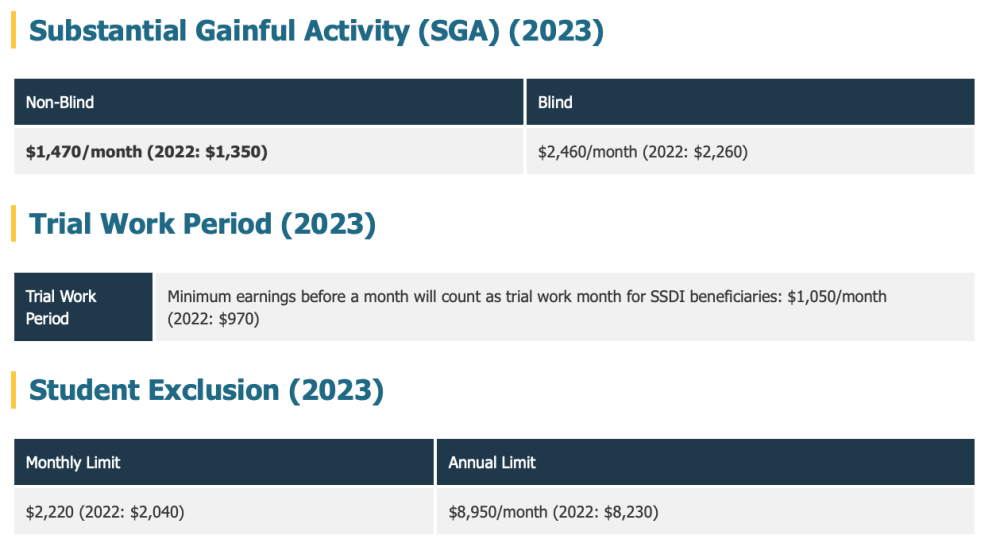Rethinking Retraining
The most successful retraining programs, as measured by completion rates, incorporate “stackable” credentials. These are short-term, industry-recognized credentials offered by certificate or nondegree programs that allow workers to balance the demands of the training program with work or family responsibilities. This learning strategy focuses on building core capabilities and then layering on additional skills in steps. This can take the form of a series of short programs, each focused on a particular skill set, that can be taken sporadically over months or years. The beginning of the sequence is focused on an industry-recognized credential so students can find work quickly. Once they start working, they can return to school to pursue training at the next level. “I often compare what we do in community and technical colleges to a freeway,” explained Marshall “Sonny” White, the former president of Midlands Technical College, in Columbia, South Carolina. “You get on at a particular point, you’re on that freeway for a while, then you’re off, and then you’re back on again — because it’s all about lifelong learning.” ...
Older students in retraining programs often underestimate what they are capable of — a challenge that Rusty Justice encountered. He established Bit Source, a software development start-up, with the primary goal of retraining coal miners in his hometown of Pikeville, Kentucky, in the heart of Appalachia. He ran an ad to attract miners displaced by the industry’s contraction, and in less than two weeks, 950 applications had poured in. After narrowing the pool to 60 applicants, Rusty and his cofounder selected the final 11. On the first day of work, one of the new hires didn’t show up. When Rusty called him, the man explained, “I’m just a dumb old coal miner. I can’t do this. I can’t be a computer coder.”
“If he can’t believe he can do it, he certainly can’t do it,” Rusty said. “So the first takeaway is you’ve got to convince people to do it while you’re training them to do it. So we started what we call ‘reimagination training.’ And it was just thinking about how we think about ourselves.”
The most successful retraining programs, as measured by completion rates, incorporate “stackable” credentials. These are short-term, industry-recognized credentials offered by certificate or nondegree programs that allow workers to balance the demands of the training program with work or family responsibilities. This learning strategy focuses on building core capabilities and then layering on additional skills in steps. This can take the form of a series of short programs, each focused on a particular skill set, that can be taken sporadically over months or years. The beginning of the sequence is focused on an industry-recognized credential so students can find work quickly. Once they start working, they can return to school to pursue training at the next level. “I often compare what we do in community and technical colleges to a freeway,” explained Marshall “Sonny” White, the former president of Midlands Technical College, in Columbia, South Carolina. “You get on at a particular point, you’re on that freeway for a while, then you’re off, and then you’re back on again — because it’s all about lifelong learning.” ...
Older students in retraining programs often underestimate what they are capable of — a challenge that Rusty Justice encountered. He established Bit Source, a software development start-up, with the primary goal of retraining coal miners in his hometown of Pikeville, Kentucky, in the heart of Appalachia. He ran an ad to attract miners displaced by the industry’s contraction, and in less than two weeks, 950 applications had poured in. After narrowing the pool to 60 applicants, Rusty and his cofounder selected the final 11. On the first day of work, one of the new hires didn’t show up. When Rusty called him, the man explained, “I’m just a dumb old coal miner. I can’t do this. I can’t be a computer coder.”
“If he can’t believe he can do it, he certainly can’t do it,” Rusty said. “So the first takeaway is you’ve got to convince people to do it while you’re training them to do it. So we started what we call ‘reimagination training.’ And it was just thinking about how we think about ourselves.”






